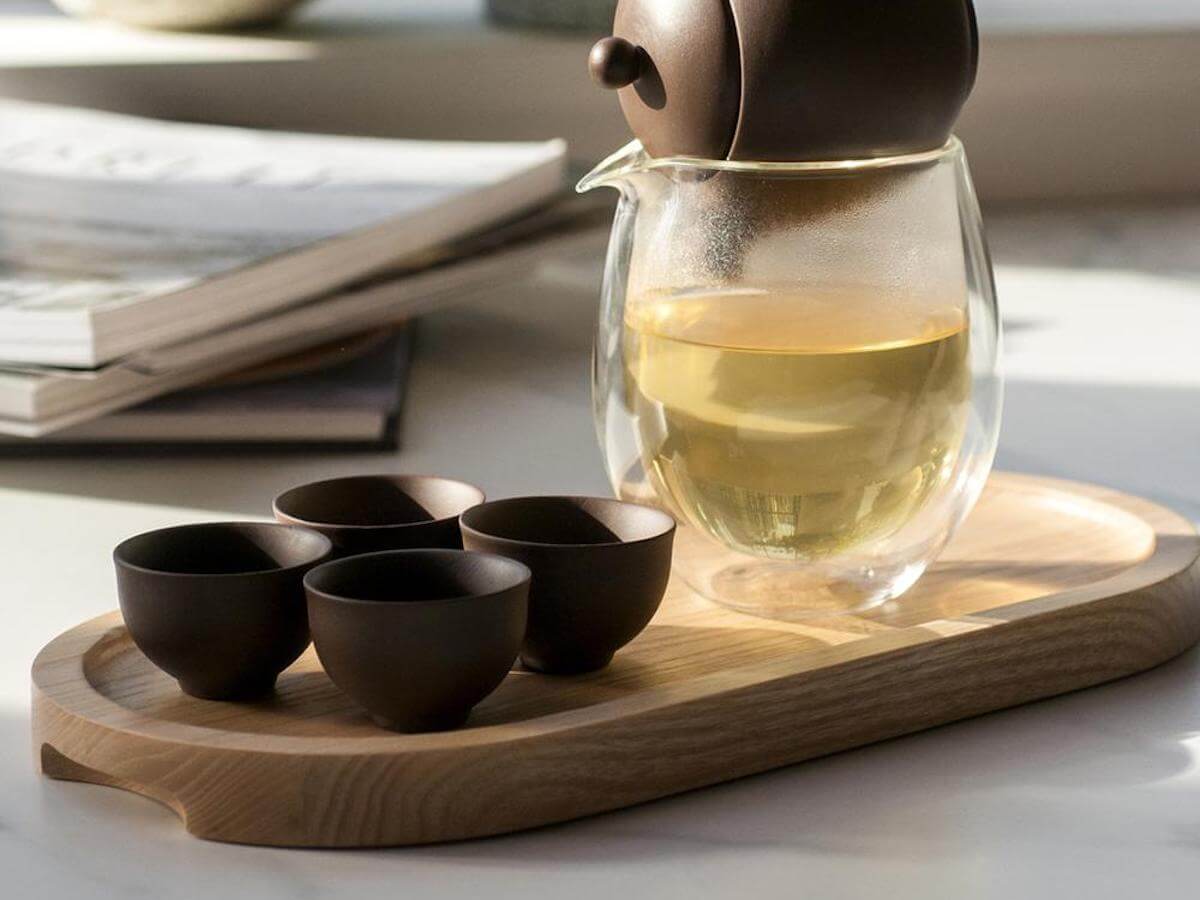Chinese tea culture is deeply rooted in history, and the practice of drinking tea has evolved into a refined art form. Beyond its cultural significance, Chinese tea offers a plethora of health benefits, and the timing of tea consumption plays a crucial role in maximizing these advantages. In this comprehensive guide, we will explore the intricate details of when to drink Chinese tea, considering factors such as time of day, seasons, and the specific types of tea.
The Morning Ritual:
In Chinese tradition, the morning is considered an ideal time to start the day with a cup of tea. Morning tea is believed to help awaken the mind, revitalize the body, and prepare for the day ahead. The choice of tea in the morning may vary, but popular options include green tea, black tea, or oolong tea. These teas contain moderate levels of caffeine, providing a gentle energy boost without the jitters associated with coffee.
Green tea, in particular, is often preferred in the morning due to its refreshing and invigorating qualities. It contains L-theanine, an amino acid that works synergistically with caffeine to enhance cognitive function and focus. Starting the day with a mindful tea-drinking ritual fosters a sense of calm and sets a positive tone for the hours to come.
The Afternoon Interlude:
As the day progresses, the afternoon represents a time of relaxation and reflection. In Chinese tea culture, this is an opportune moment to indulge in a variety of teas, each chosen for its unique qualities. Oolong tea, with its semi-oxidized nature, is a popular choice during the afternoon. Oolong strikes a balance between the freshness of green tea and the robustness of black tea, making it an excellent companion for a contemplative break.
Additionally, herbal teas, such as chrysanthemum tea or jasmine tea, are often enjoyed in the afternoon. These caffeine-free infusions provide a soothing experience and are believed to aid digestion, making them suitable for post-meal consumption. The aromatic qualities of herbal teas contribute to a serene atmosphere, promoting a sense of calm during the often-hectic afternoon hours.
Tea for Every Season:
Chinese tea culture places a strong emphasis on aligning tea consumption with the changing seasons. The type of tea chosen can be tailored to the climate, creating a harmonious balance between the body and its surroundings.
- Spring: During spring, when nature awakens and flowers bloom, light and fresh teas like green tea are favored. The delicate flavors of green tea complement the rejuvenating spirit of the season.
- Summer: To combat the heat of summer, iced tea becomes a popular choice. Green tea or jasmine tea served over ice provides a cooling sensation and helps to quench thirst.
- Autumn: As temperatures cool, oolong teas come to the forefront. Their moderate oxidation levels offer a warming sensation, making them ideal for the transitional period between summer and winter.
- Winter: In colder months, robust teas like black tea or pu-erh tea take center stage. These teas provide a comforting warmth and are often enjoyed with hearty meals.
Tea and Chinese Medicine:
In traditional Chinese medicine (TCM), the timing of tea consumption is intricately linked to the body’s internal balance of yin and yang. The concept of yin and yang represents opposing forces that, when in harmony, contribute to overall well-being. Different types of tea are believed to have varying effects on the body’s yin-yang balance, influencing factors such as energy levels, digestion, and circulation.
- Morning (Yang Time): Morning is considered a yang time, associated with energy, activity, and movement. Drinking tea in the morning is believed to support the body’s yang energy, aiding in wakefulness and alertness.
- Afternoon (Yin-Yang Transition): The afternoon represents a transition from yang to yin, and it’s essential to choose teas that harmonize with this shift. Oolong teas, with their balanced oxidation levels, are often recommended during this time to maintain equilibrium.
- Evening (Yin Time): Evening is considered a yin time, characterized by rest and restoration. Herbal teas, which are caffeine-free and often soothing, are favored in the evening to promote relaxation and prepare the body for sleep.
Health Considerations:
Beyond cultural and traditional aspects, the timing of tea consumption also influences its potential health benefits. Understanding how tea interacts with the body at different times can enhance its positive effects.
- Caffeine Sensitivity: For individuals sensitive to caffeine, it’s advisable to limit the intake of caffeinated teas in the evening. Opting for decaffeinated or herbal teas ensures a restful night’s sleep.
- Digestive Aid: Certain teas, such as pu-erh tea and chrysanthemum tea, are known for their digestive benefits. Consuming these teas after meals may help soothe the digestive system and alleviate bloating.
- Weight Management: Green tea, renowned for its metabolism-boosting properties, is often recommended in the morning to support weight management goals. The combination of caffeine and catechins in green tea can enhance fat oxidation and promote weight loss.
Conclusion:
In the intricate tapestry of Chinese tea culture, the timing of tea consumption is an art that intertwines with tradition, health considerations, and the ebb and flow of daily life. From the invigorating morning ritual to the reflective afternoon interlude and the seasonally inspired choices, every sip of Chinese tea tells a story of balance and harmony.
As we delve into the rich world of Chinese tea, let us appreciate not only the nuanced flavors and aromas but also the cultural wisdom that has been passed down through generations. Whether you find solace in a cup of green tea at dawn, savor the complexity of oolong in the afternoon, or unwind with herbal infusions in the evening, the timing of your tea ritual can transform a simple act into a profound experience—one that nourishes the body, calms the mind, and connects us to the timeless traditions of Chinese tea culture.
